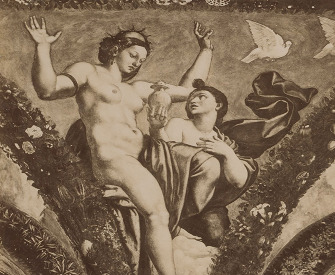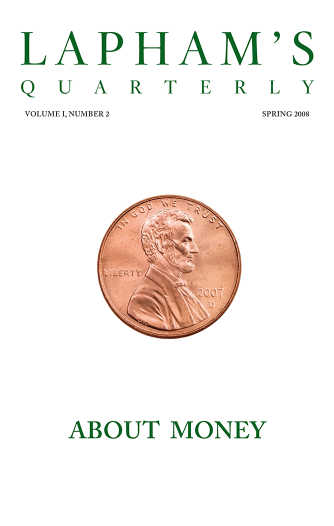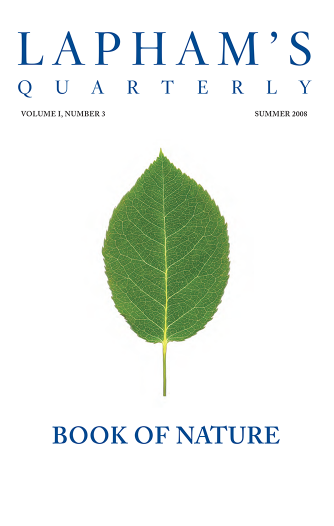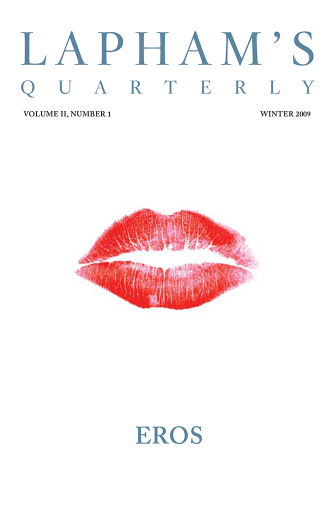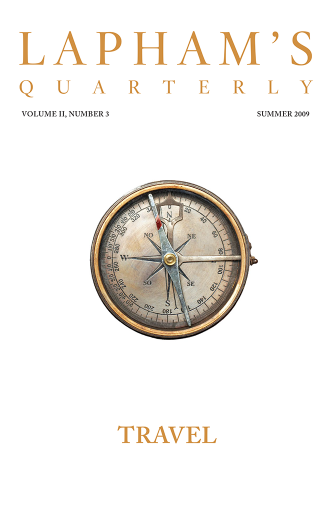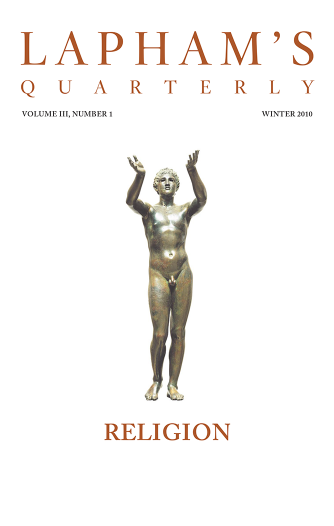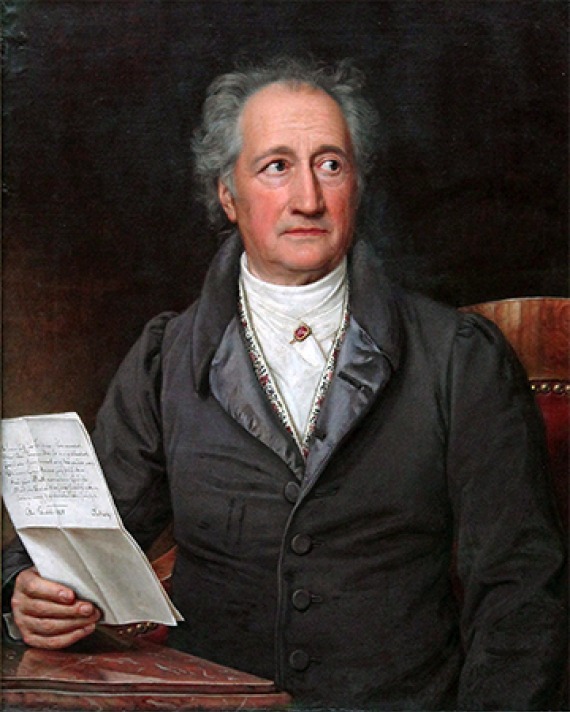
Johann Wolfgang von Goethe
(1749 - 1832)
Having returned to Frankfurt from Leipzig University in 1768, Johann Wolfgang von Goethe began studying the alchemical writings of Paracelsus and Basil Valentine and performing experiments in his own laboratory. The poet, statesman, playwright, novelist, and scientist began his masterwork Faust around 1771, publishing Faust: A Fragment in 1790 and Faust: Part One eighteen years after that.
